A near-death experience (NDE) is generally defined as what people experience after they have been pronounced clinically dead, that is, with no brain waves or heart function, and who are later resuscitated. It is important to note here that Jesus did not resuscitate, but resurrected. He is the only one in human history to have done so. All those who experience NDE’s come back to their earthly bodies and later die. Jesus died fully, but […]
In this episode we’re joined by Rev. Dr. Andrew Judd, who is Deputy Principal and Lecturer in Old Testament at Ridley College in Melbourne, Australia, and the author of the book we’re discussing in this episode, Modern Genre Theory: An Introduction for Biblical Studies (published by Zondervan Academic). Over the course of our conversation, Dr. Judd talks with us about the weird ways that scholars in biblical studies talk about genre, which is not often […]
In this episode we’re joined by Dr. Valerie Hobbs (@vhobbs5), Senior Lecturer in the School of English at the University of Sheffield and author of No Love in War: A Story of Christian Nationalism (@MayflyBooks). In this episode we discuss Dr Hobb’s autoethnographic book about growing up in Christian Dominionism and the violence she witnessed and experienced, as well as the ways these ideologies continue to inflict harm. We also discuss the power of sharing […]
In response to my full article on a new reading of 2 Corinthians 5.10 (which you can read here in full), Dr. Garland wrote: “Tom rightly points [out] that one’s unexamined presuppositions about what the text says tends to predetermine the reading of the Greek grammar. If one assumes the interpretation is correct, one is less likely to probe as exhaustively as Tom has done [on] the grammatical complications” (his full reply to the short […]
In this episode we’re joined by Dr. Winn Collier (@winncollier), Associate Professor of Pastoral Theology and Christian Imagination and Director of the Eugene Peterson Center for Christian Imagination at Western Theological Seminary (@westernsem) and author of A Burning in My Bones: The Authorized Biography of Eugene Peterson (@authenticmedia). In this episode, we talk about the life of Eugene Peterson and the themes that shaped his ministry and writing, especially his concern for pastoral integrity and […]
In this episode we’re joined by Lucy S. R. Austen (@LucySRAusten) writer, editor, and author of the biography Elisabeth Elliot: A Life (@crossway). Over the course of our conversation, we discuss the process of biography writing and how one seeks to tell the story of a complex and influential person like Elisabeth Elliot. We explore the various cultural and relational influences on Elliot’s life and teaching and discuss how biographies can raise questions about our […]
CW: suicide and mental health In this episode, we’re joined by Dr. Charles Marsh, Commonwealth Professor of Religious Studies and Director of the Project on Lived Theology (@LivedTheology) at the University of Virginia and author of Strange Glory: A Life of Dietrich Bonhoeffer (@AAKnopf) and Evangelical Anxiety: A Memoir (@HarperOneBooks). In this conversation we discuss the art of life-writing, exploring how to write honestly about the complexity of life and theology through biographies and memoirs […]
In this episode we’re joined by Jeremiah Gibson and Julia Postema, licensed psychotherapists and certified sex therapists based in Utrecht, The Netherlands, hosts a podcast called Sexvangelicals. As we talk about in our discussion with them, their specialization as therapists is helping couples coming out of negative religious backgrounds. In our conversation we talk about their perspective on topics like evangelical purity culture, sexuality and religion, etc., from their professional vantage point as people who […]
Dr. Jeannine Brown’s new book, Embedded Genres in the New Testament: Understanding Their Impact for Interpretation (Baker), was a delight to read and should benefit both scholar and lay Christian alike. What intrigued me the most was the preliminary matter of attempting to identify and sort through various subgenres within larger works, and then how to go about analyzing their interrelationships. As I read the book, I couldn’t help thinking about its potential relevance to […]
In this episode we’re joined by Prof. James McGrath, who is the Clarence L. Goodwin Chair in New Testament Language and Literature at Butler University and the author of the book that we’re discussing here, Christmaker: A Life of John the Baptist (published by Eerdmans). Over the course of our conversation, we talk about biographical details that we can glean about John the Baptist, whether and how Mandaean literature can fill out our knowledge of […]



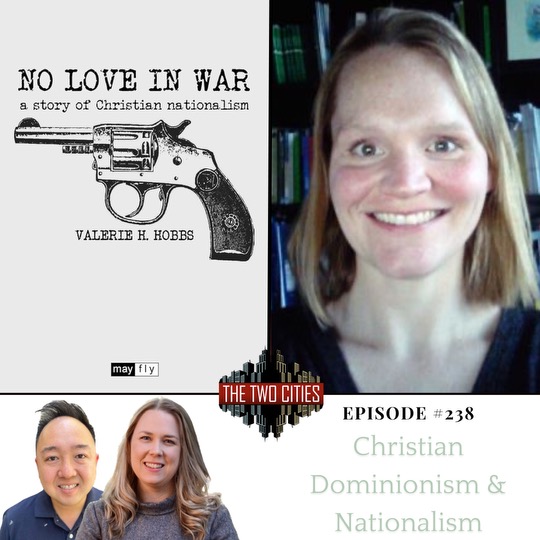
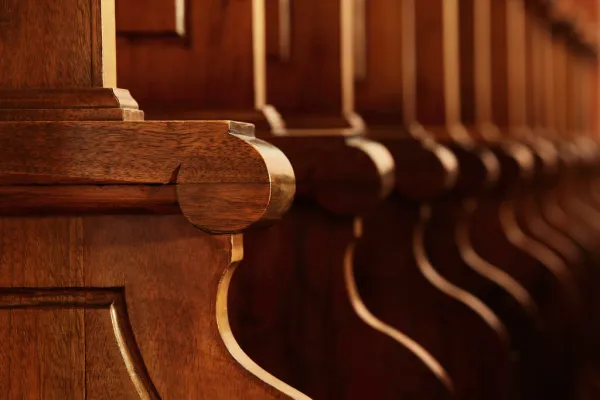


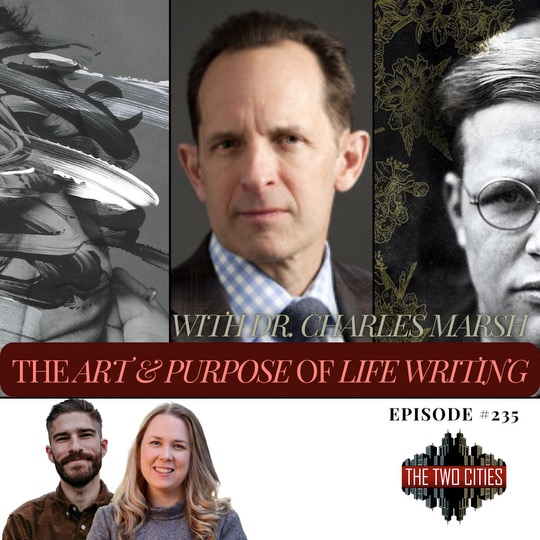

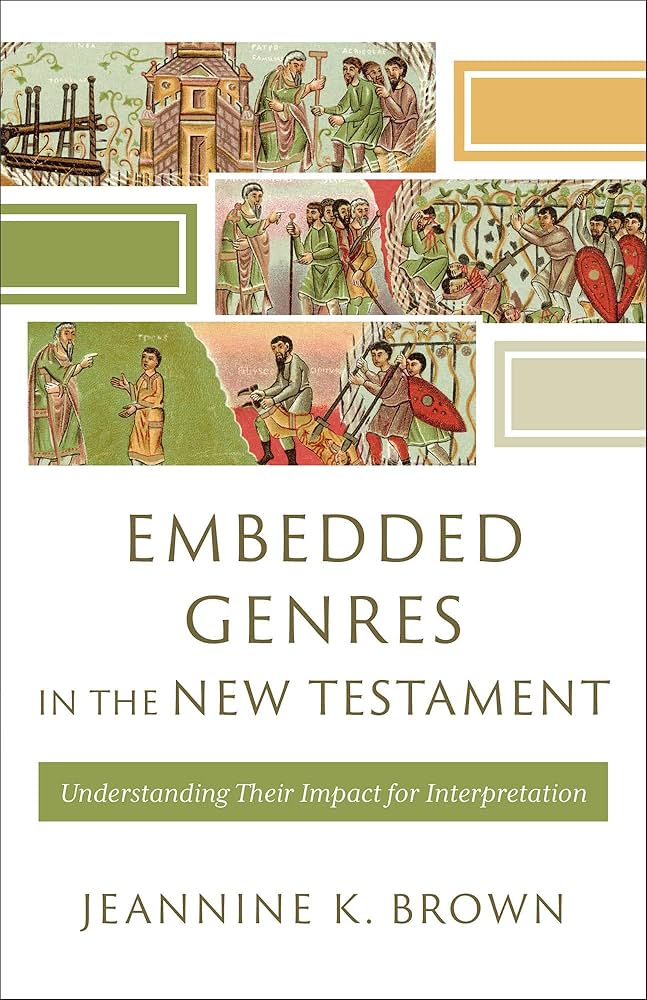
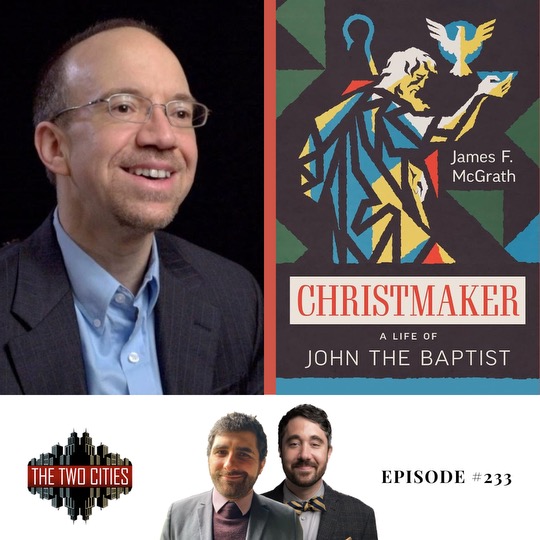
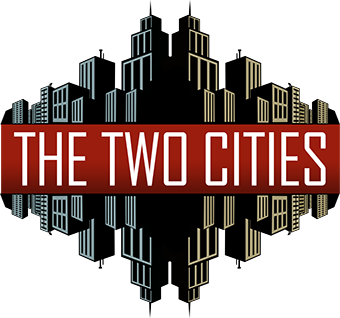
Recent Comments